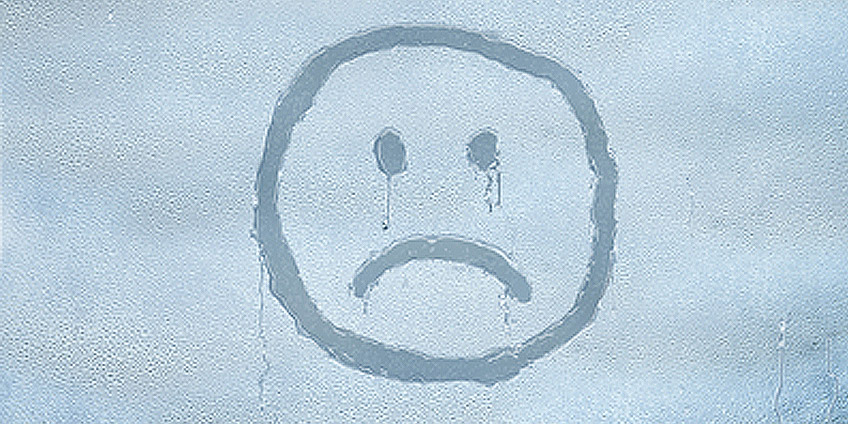Owners' Advice: Condensation Conundrums

As we all know, condensation can be a big issue both at home and in our holiday caravans. With the continuously increasing costs of heating we need to be as energy efficient as possible, leaving us a little extra to spend on holiday!
There are various ways we have learnt to do this - minimising drafts, adding double-glazing and by insulating our homes/holiday homes as best we can, we are able to retain more heat in very effective ways. The down side of this, however, is the reduction in ventilation with any resulting moisture build-up having nowhere to go. What then happens is that any excess moisture will gather in the colder areas i.e. windows, seams & corners, cupboards etc.
Ultimately, lack of ventilation is the main cause. There are many different ways you can reduce condensation in your caravan, so we’ve noted a few to help to tackle the issue…
What to do…
When you first arrive (and after a cup of tea of course!), open windows at both ends of the caravan for at least a couple of hours (longer if possible) to give it a good airing. The aim is to ensure that there is good air circulation throughout the unit, allowing any moisture build-up to clear. It will also help to dry out any dampness to your soft furnishings.
Always try to keep a window slightly open when you are in the caravan to allow good air-flow. If you have double-glazing this can be done securely by using the ‘night-latch’ or, by fitting ‘restrictors’ on standard windows. Alternatively use your roof vents (just make sure all of these are secured before leaving!!).
Bathrooms and kitchen areas mostly have additional fan-vents and/or extractor fans as they are places where condensation is at its highest. These, for the most part, work very well but if taking a bath/shower or cooking a meal it would be as well not only to use the extractors but also to open a window for approximately 15 minutes afterwards to let the air flow freely, pushing out any moist air.
Other helpful tips…
• Do not dry clothes inside
• If using a tumble-dryer, ensure the end of the vent-hose is outside
• Do not use gas heaters (and/or gas hobs for a bit of extra warmth as some of us do when its extra cold!) excessively, this will increase moisture.
• Use lids on saucepans when cooking
• Use salt pots to collect moisture
• Use a de-humidifier
• Add double-glazing (this will help to reduce drafts and help retain heat)
• Increase insulation to walls, floors and ceilings (this will also help to retain heat)
• Regulate your heating by keeping it on a lower setting over a longer time frame to heat gradually rather that blasting your thermostat up to full when you first arrive.
IMPORTANT NOTE –
Ensure that air vents around the caravan are kept clear. Not only do these help ventilate the inside of the van but also allow the release of any possible build-up of gases from your fires, cookers etc which can be extremely dangerous.
What are the effects…
Black mould growth is the most common effect of condensation, but mould can appear in many other colours on carpets, clothing and wood. It can also affect walls and ceilings and can damage our health especially for those with chest issues (e.g. asthmatics) who can suffer as a result of the airborne spores. Signs of mould tend to start forming in the coldest areas, so keep an eye on outside corners and seals/seams. Wet areas on windowsills and floors are other clear indicators of the effects.
How to treat the effects…
If you do have any signs of mould, mildew or damp, catching it early is the key to preventing any extensive or gradually increasing damage. If damp areas are visible, take measures to absorb any excess water from window sills, corners of rooms or anywhere else you can see affected. If treating areas where mildew is visible, first wipe the area with a damp cloth, cleaning off any black marks or try applying an anti-mould cleaner. This will kill any spores.
If you need any further help or guidance on condensation, please feel free to contact the advice team here at NACO!
Dan Ellacott
National Association of Caravan Owners
www.nacoservices.com

